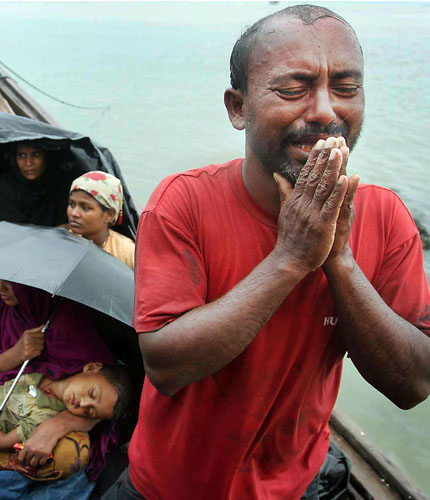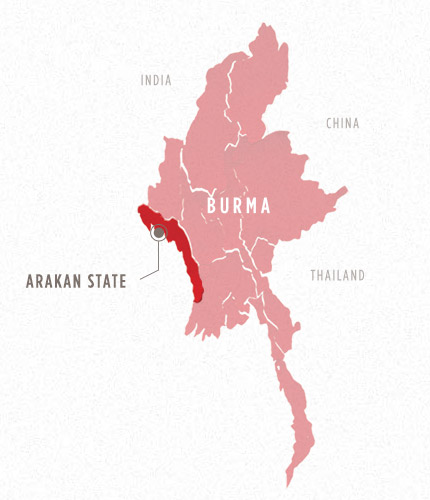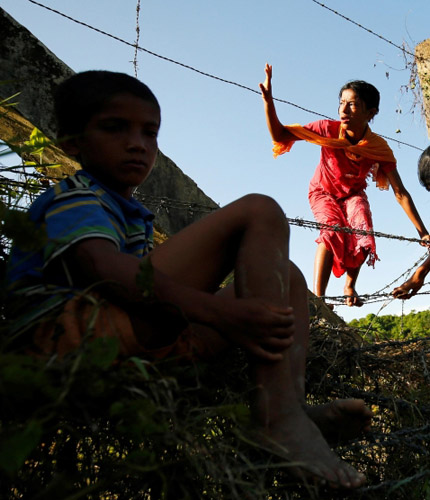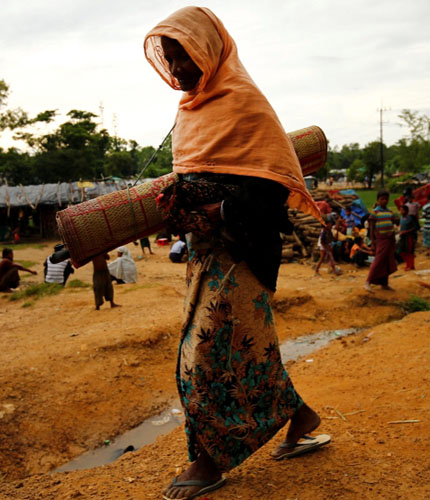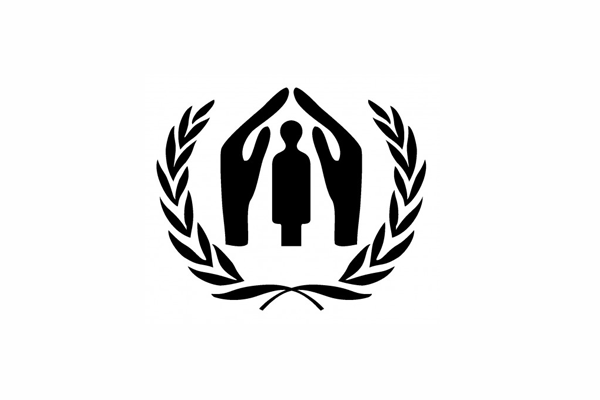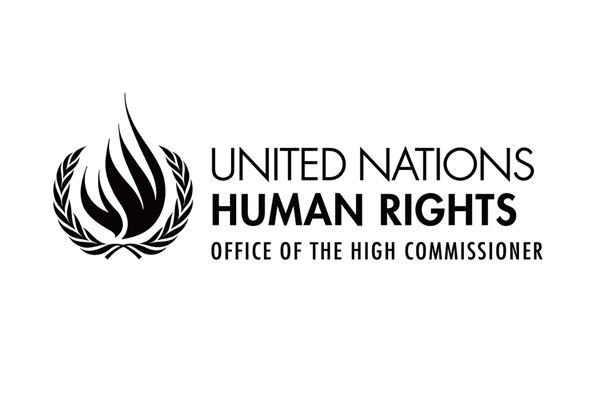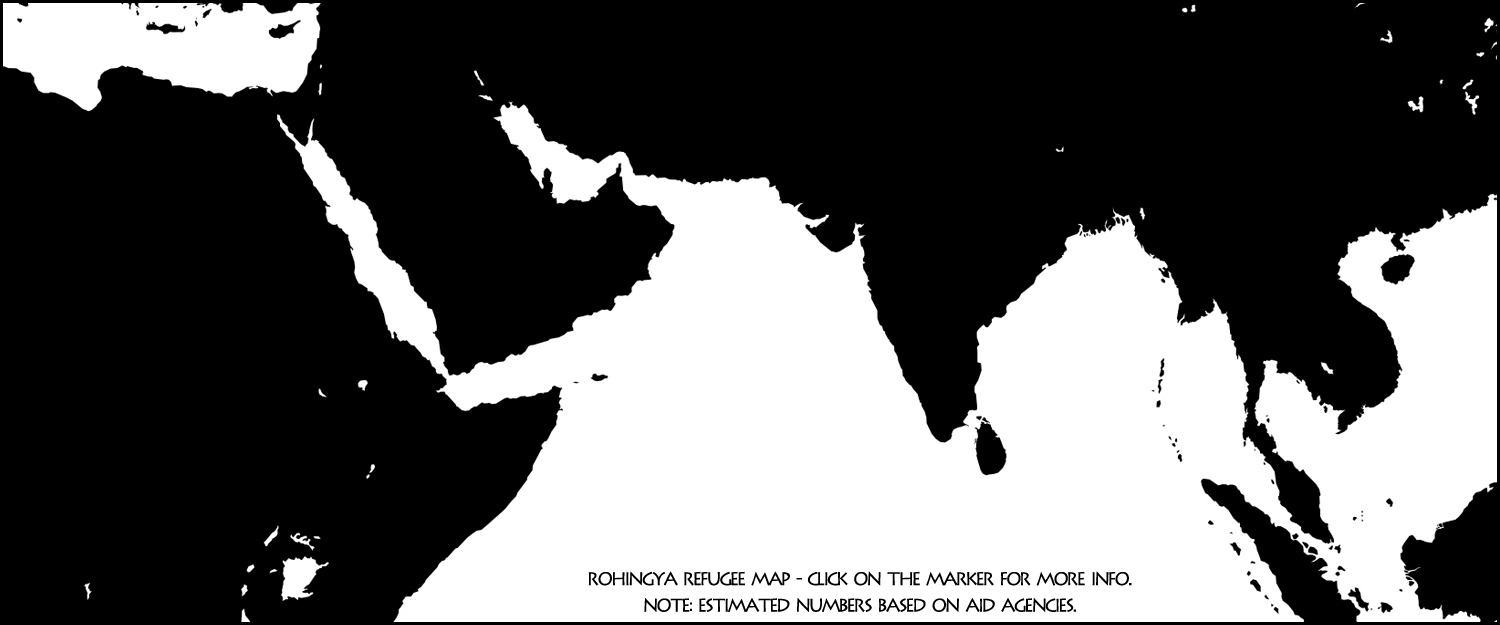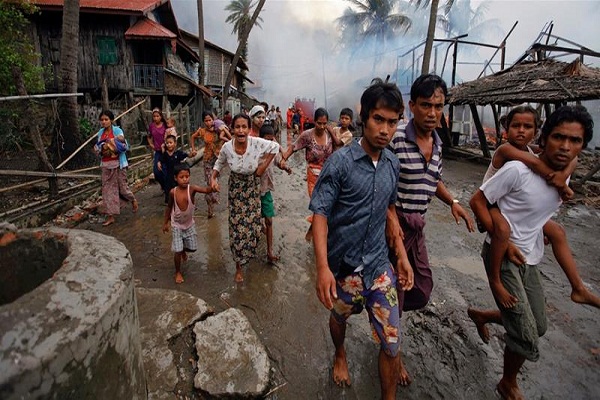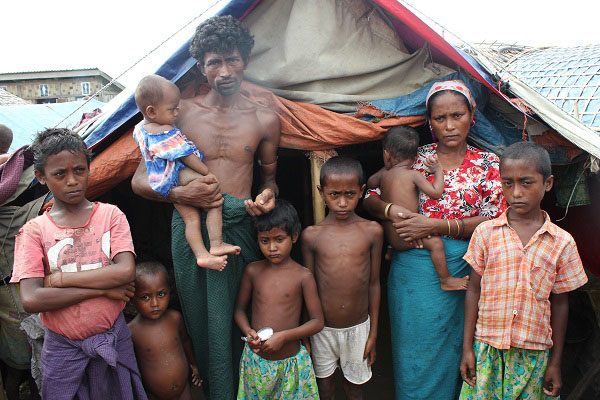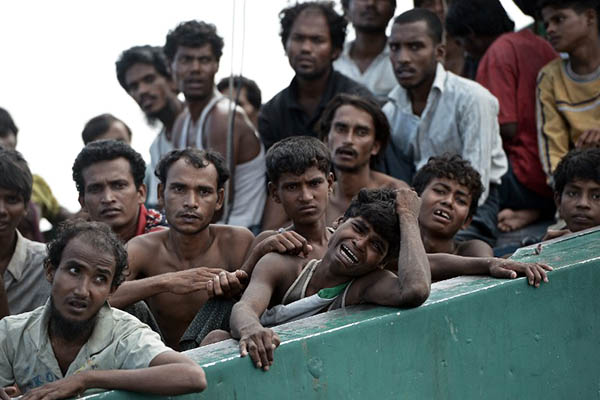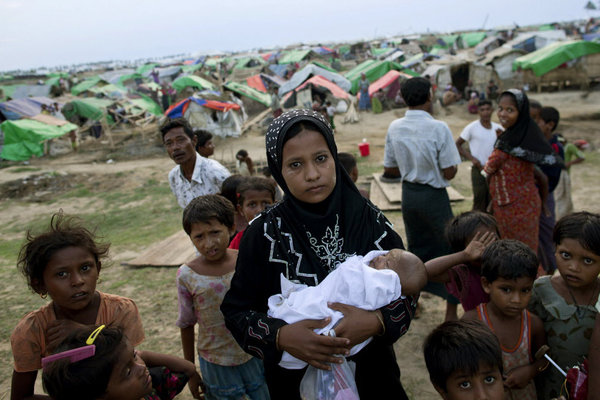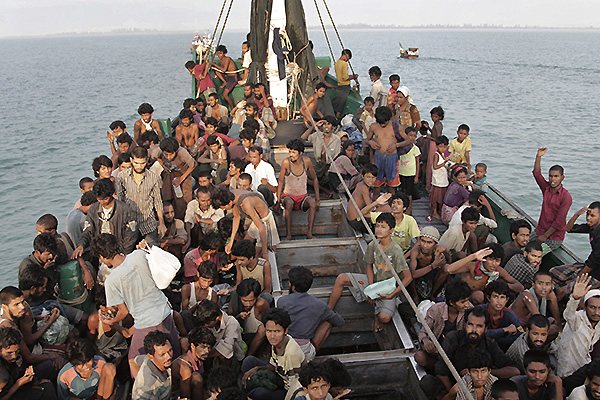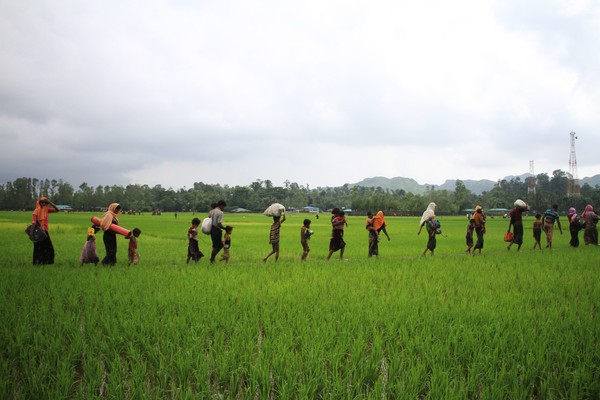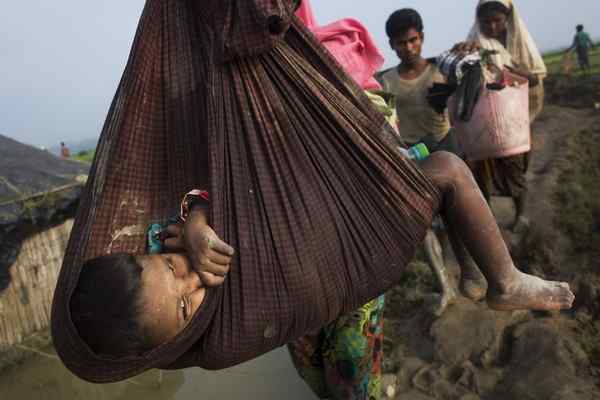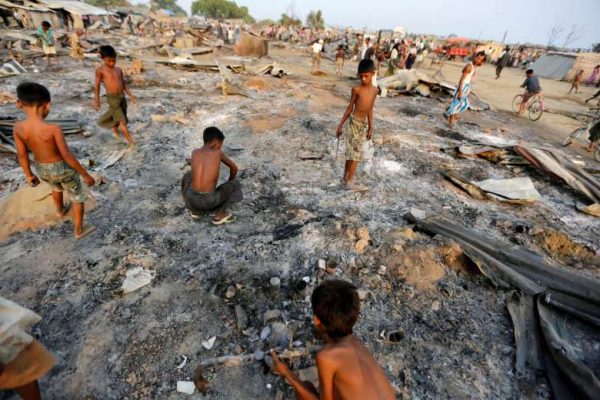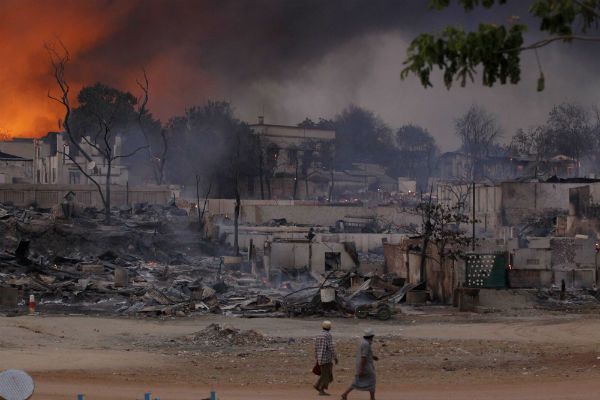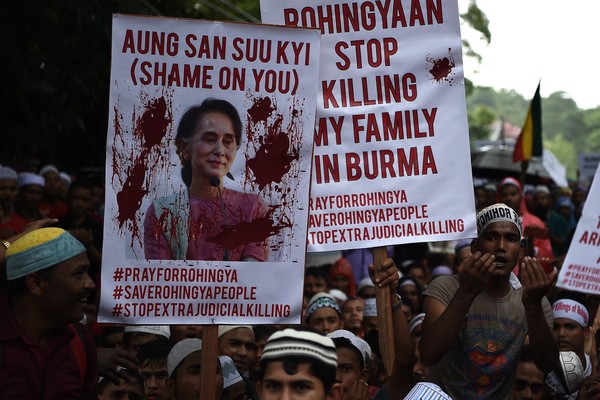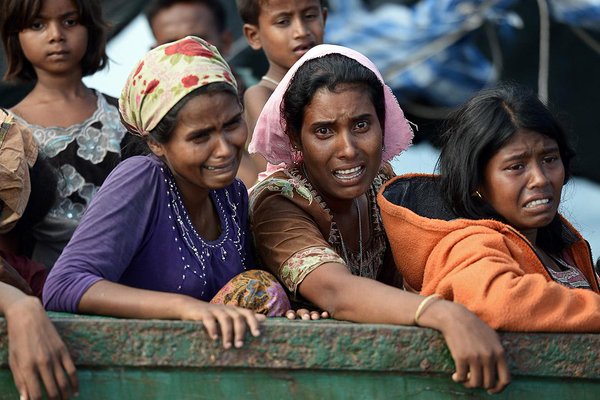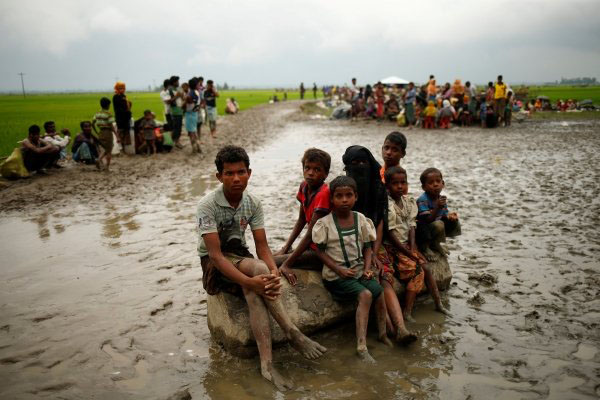Following violence that broke out last year, more than 87,000 Rohingya fled to Bangladesh from October 2016 to July 2017, according to the International Organization for Migration.
Many Rohingya also risked their lives trying to get to Malaysia by boat across the Bay of Bengal and the Andaman Sea. Between 2012 and 2015, more than 112,000 made the dangerous journey.
The UN estimated that there are as many as 420,000 Rohingya refugees in Southeast Asia. Additionally, there are around 120,000 internally displaced Rohingya.
The violence in Myanmar's northwest that began in late August has forced around 58,000 Rohingya to flee across the border into Bangladesh, while another 10,000 are stranded in no-man's land between the two countries, Reuters reported, citing UN sources.
